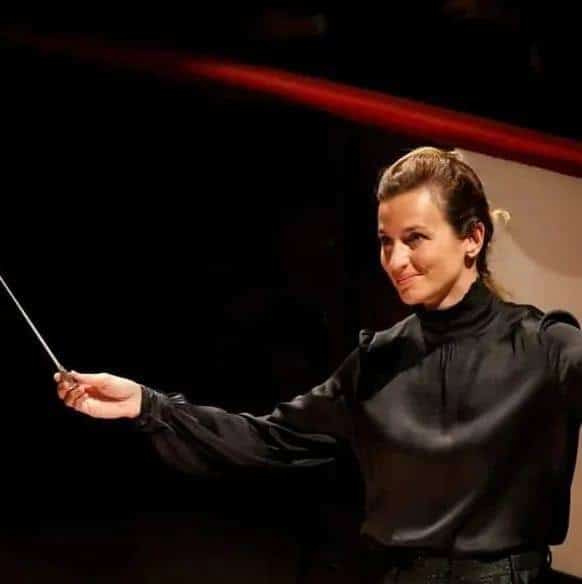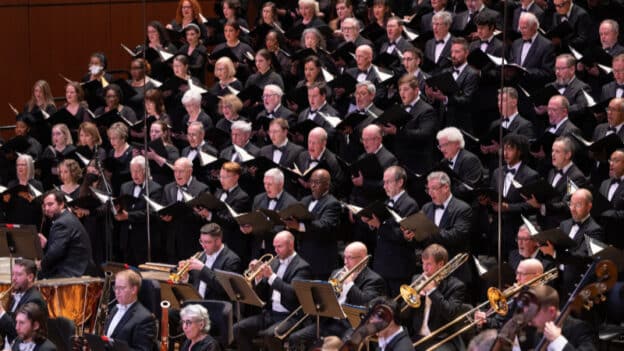How music rekindles the lines of fading memory
mainFrom Amy Adams, in Springfield, Oregon.
Today at the memory care facility:
It was a robust and responsive group, glad to sing – even the ones who slip in and out of sleep did so gently, just under the surface of a nap. Glenn was tickled by “Brand New Key” enough that he went dancing with a caregiver.
I love seeing things like that.
But the real hour’s blessing for me was how they listened to the beginning of this country ballad – several of the ladies searching their memories, thinking, thinking…
I took it slow.
“She was forty-one, her daddy still called her baby.”
More thinking, nodding from the residents…suitcase in her hand…
…mysterious….dark-haired man…some recognition.
Then ah, that chorus, like a congregation they all slowly sang with me, I swear…even the sleeping woman’s lips moved:
Delta Dawn,
What’s that flower you have on?
Could it be a faded rose from days gone by?
And did I hear you say he was meeting you here today, to take you to his mansion in the sky…?
I’m telling you, you haven’t seen anything like an elderly sleeping woman, singing about the mansion in the sky.






Thanks, Norman!
I’ve seen this phenomenon first-hand myself.
It was a woman from Vienna in the later stages of dementia, but she definitely responded to the music of Schubert and Johann Strauss in a way that you could tell she absolutely knew the music.
Back in the early 90’s the Royal Ballet took two dancers and a pianist to an old people’s home in the Midlands. After a Pas de Deux from Swan Lake an old lady said in ringing tones “Mine’s a G and T. ” She had not spoken for years but somewhere in the recesses of her mind she recognised Tchaikovsky and thought she was in a theatre at the interval.
I find myself hoping someone brought her one… 🙂
Music can reach people with mental/psychiatric problems like nothing else can. I have seen the same phenomena in my psychiatric hospital as well.
There is something very visceral about music which is why every culture has it unless they deliberately suppress it (and I do not believe that any culture suppresses it completely).
Many animals also respond to music.
that’s some mighty fine harmonica playin’ there… (thx Norman … for taking me back home albeit only briefly…. )
I agree.
My Grandmother Gardner lost her memory of most of her past when she was uprooted from her small house in Ree Heights, South Dakota to assisted living in Topeka KS, against her will. But she remembered the music and words to all the hymns she had played as the church organist until the day she died, and entertained everyone with them.
Back in 2009, I assisted Don Campbell (The Mozart Effect author) in his final book, Healing at the Speed of Sound (Hudson Street Press) in which I wrote about an amazing incident involving a young girl who suddenly fell into a coma from which doctors said she might never emerge. As a member of the school band, she was visited in the hospital by band-mates, one of whom brought his saxophone. The sound of his playing immediately increased her breathing rate substantially. Next day, everyone brought their instruments. As they played, she woke up. Here’s a thought: Thank goodness her school had a music program.